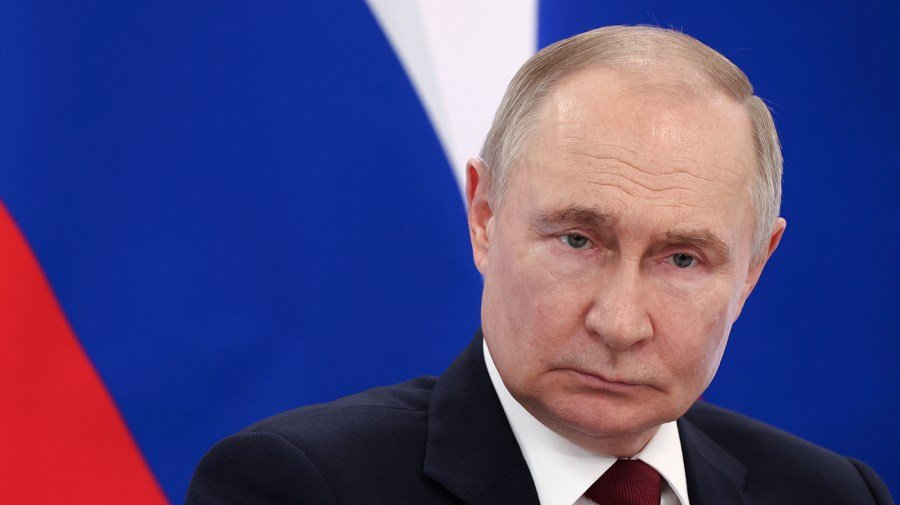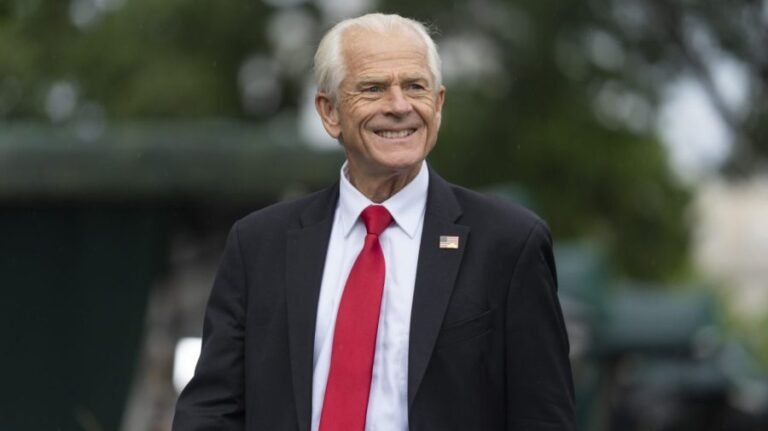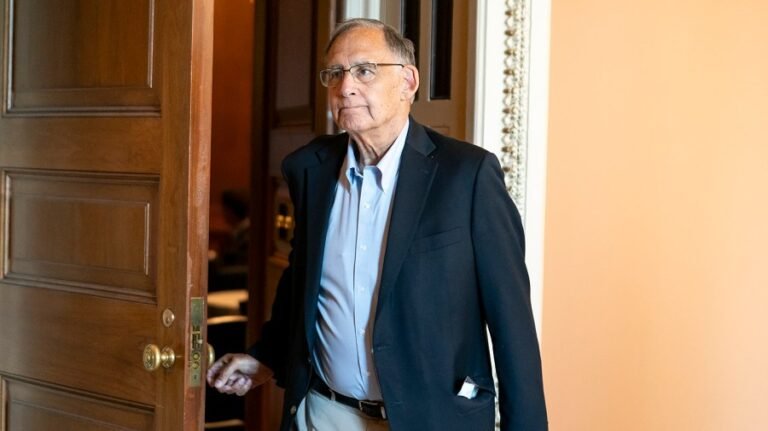
President Trump is wildly off in his commitment to end the Ukraine war in 24 hours of retaking the presidency — but it’s not for lack of trying.
His plan was to engage with his “friend,” Vladimir Putin, whom he called “brilliant” after Russia’s first invasion of Ukraine in 2014. Trump has shown his intention to employ a geostrategic pincer movement to bring Ukraine to terms: Russia would increase pressure on the battlefield and on the civilian population while Trump squeezed Ukraine by reducing the flow of American diplomatic, political and, most critically, weapons and intelligence support. As Trump told President Volodymyr Zelensky in February when he and Vice President Vance sandbagged him in the Oval Office, “You don’t have the cards.”
But now, the public humiliation that the Vance-Trump team subjected Zelensky to has been returned to Trump by Putin, albeit in a subtler manner.
Over the past month, after Zelensky accepted a ceasefire proposal, Trump’s repeated urgings for Putin to end the killing became sterner, eventually rising to the level of warnings and deadlines. Putin made promise after promise to stop the war as soon as its “root causes” were addressed — by which the Russian leader means the unacceptable existence of Ukraine as an independent, pro-Western country.
Even Melania Trump commented on Putin’s exploitation of the president. As Trump himself put it to NATO Secretary General Mark Rutte, “I go home, I tell the first lady, ‘You know, I spoke to Vladimir today. We had a wonderful conversation.’ And she said, ‘Oh really? Another city was just hit.'”
Trump’s 50-day extension for Russian compliance — shortened on Monday to just 10 to 12 days — and his promise to impose punishing sanctions on Russia and its allies is the latest stall that serves Russia’s interests. It allows the continuing destruction of Ukraine’s cities and the wanton killing of Ukrainian men, women and children.
Trump should play the card he used successfully with Iran and not let the clock run out before acting against Putin and his malign allies who are supporting his aggression and war crimes —that is, China, Iran and North Korea.
After getting Putin’s attention with that preemptive move, Trump can declare that the U.S. and its allies will cooperate to provide Ukraine with all the weapons, intelligence and other support it needs, not only to resist Russia’s continuing invasion of its country, but to eject it from the parts of Ukraine it already illegally occupies. To help pay for that ongoing aid and Ukraine’s postwar reconstruction, America and Europe should utilize all the Russian funds seized and held since the invasion began in 2014. The cost of Putin’s aggression is not limited to the horrific destruction of ancient cities and 400,000 Ukrainian casualties, but also the massive expenditures on European economies having to build or buy arms to defend against the Putin scourge.
Trump should also lay down the gauntlet by announcing that the U.S. will ensure the Russian people know the truth about what is happening in Ukraine — and how a million young Russians were deceived into becoming “expendable” casualties of Putin’s totally unnecessary war. When the truth becomes known to the many millions of the Russian families and friends of the killed and wounded, Putin will have on his hands the most serious challenge to his rule of his entire career — one that cannot be resolved with dissidents falling from tall buildings or being stricken in public places by sudden contact with Novichok poison.
Relatively peaceful regime change in Russia will set the stage for similar governance transformations in Iran, North Korea and, most critically for world peace, the People’s Republic of China. Trump is the only world leader today who can make this happen. It would certainly be worthy of the Nobel Peace Prize Trump is openly seeking.
Joseph Bosco served as China country director for the secretary of Defense from 2005 to 2006 and as Asia-Pacific director of humanitarian assistance and disaster relief from 2009 to 2010. He is a nonresident fellow at the Institute for Corean-American Studies, a member of the advisory board of the Global Taiwan Institute and member of the advisory board of The Vandenberg Coalition.


